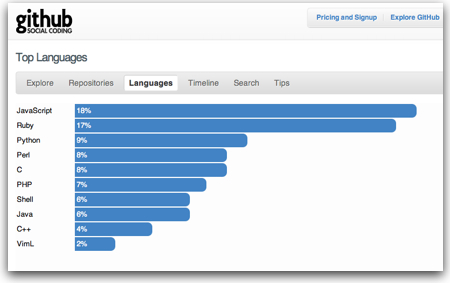 As Chris noted in his recent “Onwards and Upwards” post, one of our 2015 goals for this Deploy360 site is “to translate the most useful and often referenced resources into as many languages as is practical”. As he went on to note, we’re currently in the process of translating some of those resources into the five languages other than English used by the United Nations. Specifically:
As Chris noted in his recent “Onwards and Upwards” post, one of our 2015 goals for this Deploy360 site is “to translate the most useful and often referenced resources into as many languages as is practical”. As he went on to note, we’re currently in the process of translating some of those resources into the five languages other than English used by the United Nations. Specifically:
- Arabic
- Chinese (Simplified)
- French
- Spanish
- Russian
I have translations back from the firm we used and expect to be moving those into place over the next couple of weeks. I wanted to give you all a heads-up about this since the website should show a translated version of the page when you get to a page if a translation is available… and so if you have your browser defaulting to a language other than English you may be surprised when you are visiting here!
Now, to set expectations, I should note that we translated the top 25 most visited resources on the site as well as the pages for each topic and the Start Here hierarchy of pages. It’s not the whole site, but it’s a start.
I also wanted to post this because there may be a few bumps in the process and I don’t know if there will be impacts to the user experience of visiting this site. If you do see pages loading strangely on the site, or experience issues with using the site, please be aware that it may be because I’m working on the site. You are also welcome to report the issues to me. I also anticipate a chance that some of the translated URLs could change as we experiment with the best way to make the information available.
Thanks for your patience and we look forward to being able to share our information with an even larger audience in more languages!
P.S. For those curious about how we are making translations of our pages available, we are using the WPML plugin for WordPress.



